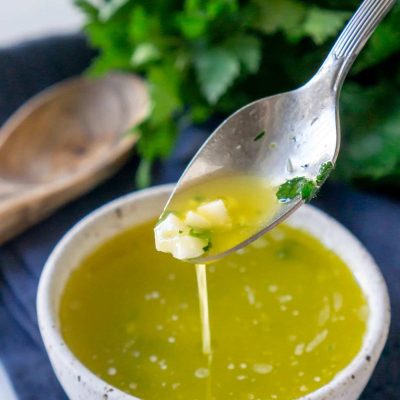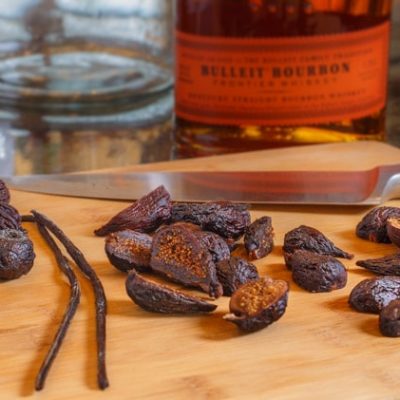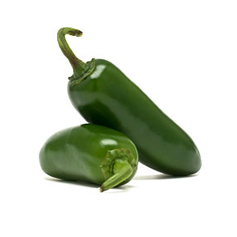Nutrition Facts
Nutrition Facts Olive oil has become a favorite choice among many cooks for its versatility and distinct taste. If you ever watch (or have even
Olive Oil as Medicine: the Effect on Lipids and Lipoproteins’, the first report in a series released this month by the UC Davis Olive Center, makes three key findings on the use of extra virgin olive oil to prevent chronic diseases. Daily intake of two tablespoons of extra virgin olive oil improves blood lipid profile, which may reduce risk of heart disease. To attain the health benefits of extra virgin olive oil, select EVOOs that are rich in phenols. Although food labels do not list EVOO phenol content and quality, choose high-quality EVOOs that are packaged in dark containers with a harvest date closest to the most recent season. Authors of the report, researchers Mary Flynn and Selina Wang, reviewed data from human studies carried out from January 1998 to December 2014 to determine if extra virgin olive oil intake affected circulating levels of low-density lipoproteins (LDL), very low-density lipoproteins (VLDL), and high-density lipoproteins (HDL).
SEE MORE: UC Davis Report: Olive Oil as Medicine Unable to dissolve in the blood, cholesterol travels through the bloodstream bound to protein carriers called lipoproteins, which may be LDL, HDL and VLDL based on the amount of lipids they contain. LDL contains high amounts of cholesterol, which it delivers to the cells in the body. Although essential for normal functioning of the cells, at high concentrations low-density lipoproteins may deposit in the arteries, decrease blood flow to the heart and increase the risk of a heart attack. Maintaining healthy LDL levels is, therefore, essential to maintaining heart health. The Seven Countries Study on rates of heart disease published in 1970 was the first to highlight the lower incidence of heart diseases in countries where olive oil, as part of the Mediterranean diet, reduced risk of heart disease. In the new report, the authors found strong evidence of the benefits of EVOO in reducing blood cholesterol levels. Based on their review, they suggest that an intake of 1.5 tablespoons or 20 grams of EVOO every day for at least six weeks could be effective in lowering LDL levels by at least 10 percent. Use of high-quality olive oil with levels of total phenols of more than 300 mg/kg could be even more effective in lowering LDL levels in a shorter time. Studies show that another positive effect of EVOO is its role in reducing oxidation of LDL. Oxidized LDL, believed to be more damaging to the arterial wall than native LDL cholesterol, causes tissue injury and promotes the development of atherosclerotic lesions. Intake of 25 ml of high-quality EVOO, which has a phenol content of more than 400 mg/kg may reduce LDL oxidation in as little as four days. However, EVOO with total phenol content of 150 mg/kg may decrease LDL oxidation in less than four weeks. While high levels of LDL are deleterious to health, high levels of HDL are actually beneficial to heart health as these lipoproteins remove LDL cholesterol from the arteries.
The report found that about two tablespoons of EVOO may increase HDL levels in just four days. EVOO with higher phenol content could possibly be more effective in raising HDL levels than those with lower phenol content. The report also found evidence that EVOO intake as part of a meal could improve VLDL or fasting triglyceride levels. All the literature reviewed for the report leads to the conclusion that EVOO with a high phenol content improves lipid profile and reduces the risk of heart disease. A major drawback is lack of information on phenolic content of EVOO on food labels, which varies with variety of olives, as well as the soil, irrigation, climate, ripeness, and extraction methods used to extract the oil. A 2010 UC Davis study found that phenol content of commercially available olive oil may range from as little as 80 mg/kg to as high as 450 mg/kg, and phenolic content diminishes with time. To ensure that you have the best EVOO, the authors of the report recommend buying extra virgin olive oil that has the most recent harvest date and is in a container that protects it from light. Olive Oil as Medicine: the Effect on Lipids and Lipoproteins Cholesterol, Lipoproteins and the Liver Journal of Nutrition: Elevated Circulating LDL Phenol Levels in Men Who Consumed Virgin Rather Than Refined Olive Oil Are Associated with Less Oxidation of Plasma LDL This article was last updated July 13, 2015 – 6:44 PM (GMT-5)
Nutrition Facts Olive oil has become a favorite choice among many cooks for its versatility and distinct taste. If you ever watch (or have even
Extra Virgin Olive Oil Health Benefits The health benefits of olive oil are extensive with new positive attributes discovered all the time. One prominent cardiologist
Balsamic Vinegar Health Benefits Balsamic Vinegar Health Benefits Balsamic vinegar is made of sweet trebbiano grape pressings. The grape pressings are boiled until these turn



